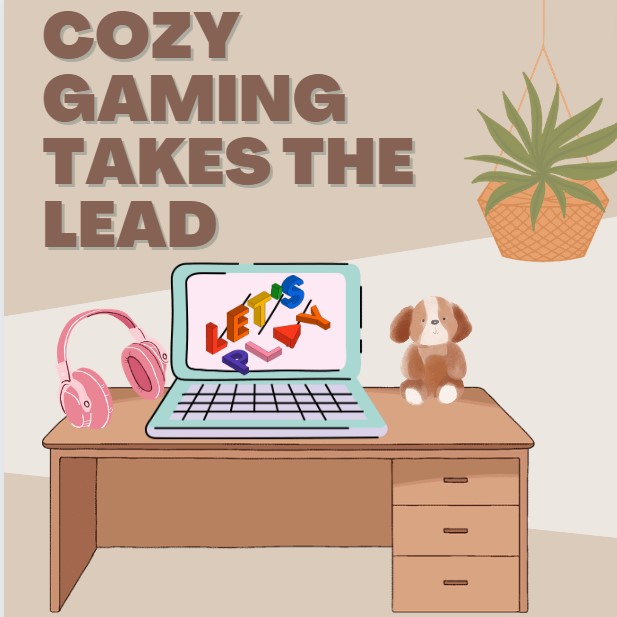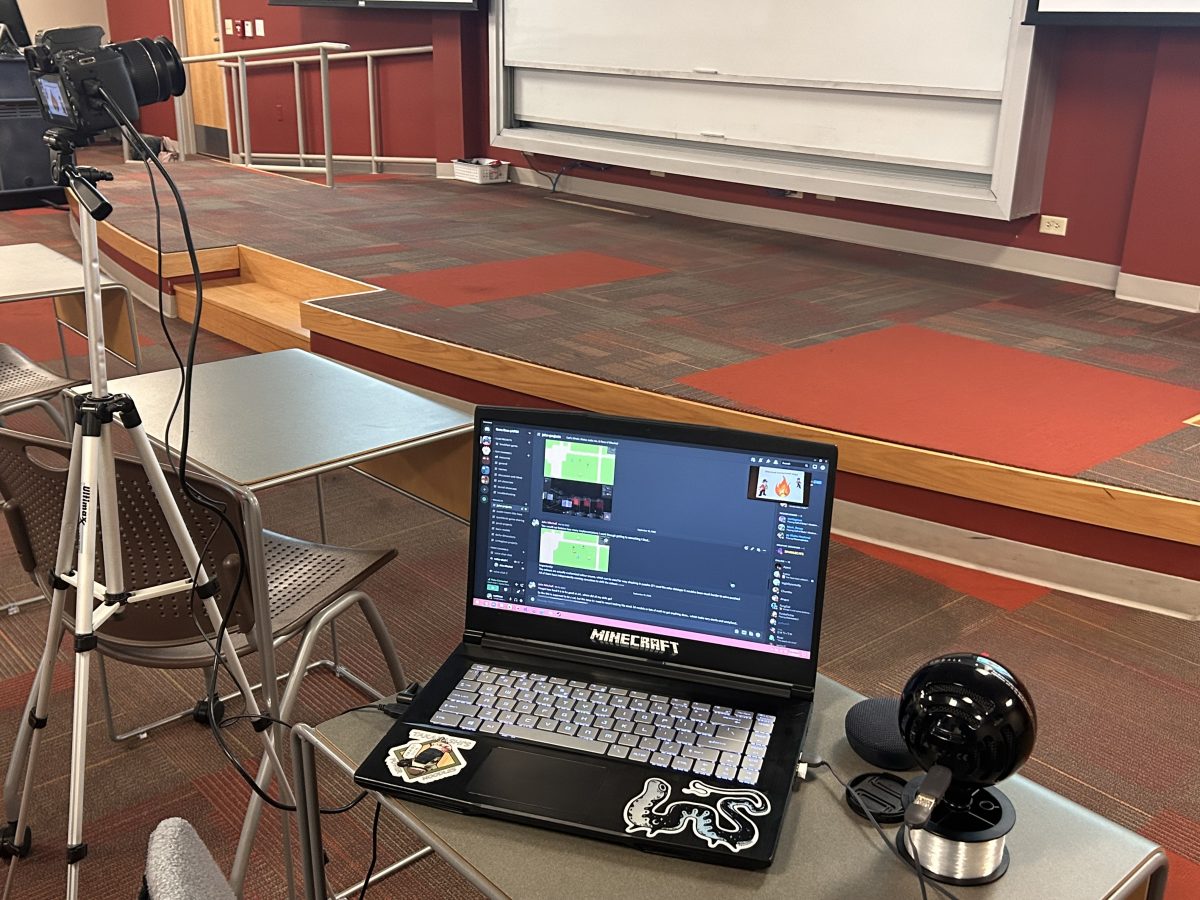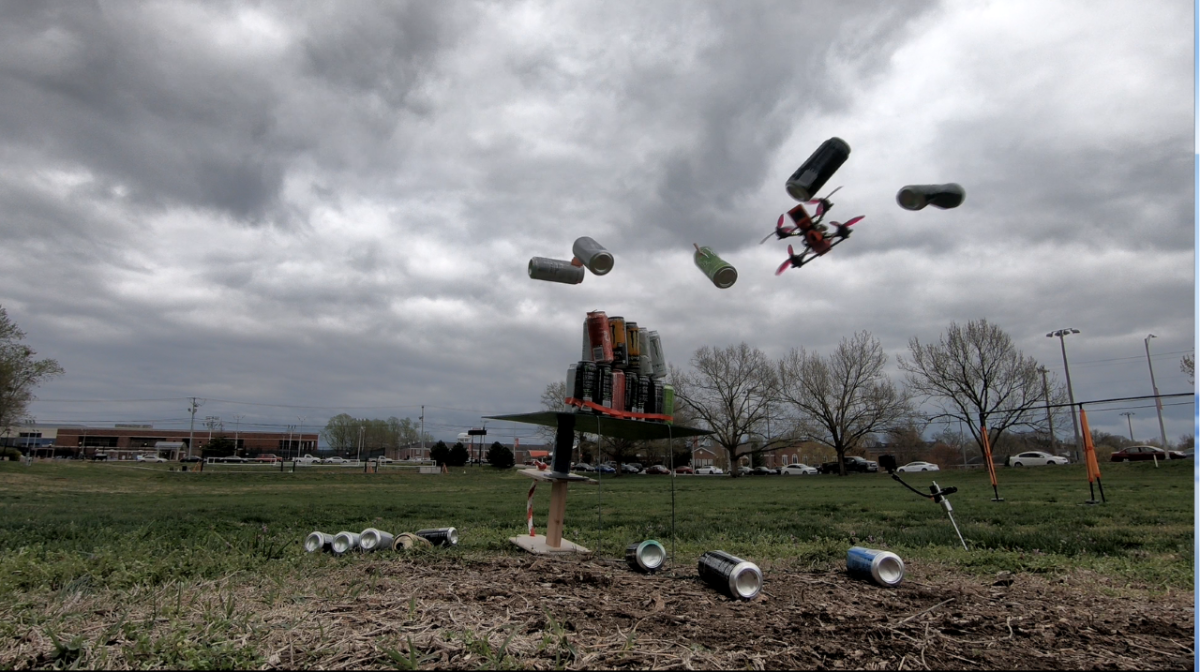As I talked about in my previous LGeekBT article, there’s a right and wrong way to include representation in media.
The notion that all representation is good representation just because you’re putting a gay character on TV isn’t true in any way. Throwing in a member of the LGBT community into a TV show, movie or book doesn’t mean anything if you don’t write them well.
Unfortunately, writers often don’t write LGBT characters well because of a desire to make their sexuality or gender orientation their whole character.
Saying the character is gay or whatever they may be is an important step, of course. This puts a word into the audience’s head and confirms for them that this character is LGBT, and anything after that isn’t just hinting or subtext that could be taken another way. It’s also important for people in the community to hear this, because it doesn’t wash out homosexuality in the media. Hearing that it’s there and being called by name gives the audience closure and a character they can relate to. Really, in such a straight-dominated media, it’s refreshing to see.
However, this is where the problem comes in. This can easily turn from good representation to bad when a sexuality becomes the whole character.
For example, imagine a character on TV who is a Christian, and says so by name. However, this character often preaches the wrong things, is mean, hurtful or doesn’t have any personality outside of being a Christian. Basically, they only ever talk about the Bible and don’t have any other qualities worth talking about.
This is often the case with LGBT characters in the media- their sexuality becomes a substitute for their character. All their jokes are related to the fact that they’re gay, or maybe they seem like sexual predators out to get everyone in the show or movie. (Catherine Zeta Jones in The Haunting comes to mind, a bisexual character who basically just wanted to get in everyone’s pants and nothing else.) Don’t forget about the books and movies about transgender teens whose only personalities are the drama of transitioning from one gender to another, giving you little insight into who they are as a person and instead focusing on the one controversial aspect.
Netflix’s smash hit Orange is the New Black not only has some of my favorite writing in a TV show in general, but the way it handles its many LGBT characters is beautiful.
No character is just their sexuality, and everyone has a life outside of it: Nicki is a lesbian, but also a victim of child neglect, a junkie and drug dealer even in prison; Poussey continues to deal with alcoholism and loneliness while locked up and feeling alone in the world; transgender Sophia deals with her family falling apart on the outside as her relationship with her son dwindles, along with countless others.
Representation doesn’t always mean making the gay characters perfect and nice. You just have to make them characters. They have to be interesting and their sexuality just be a part of their personality and maybe the driver of some plot, just like how every other straight character is written.
Have them laugh, have them love, have them be evil, manipulative, controlling, funny, kind, cruel – as long as they’re human. By making them nothing but their sexuality you strip away a character’s humanity and, in an attempt to make them more relateable, take away any sort of relateability at all.
Writers need to stop trying to play it safe and make their LGBT characters walking PSAs about love and acceptance. The best thing you can do to make a good LGBT character is to make them a character first and a sexuality second, weaving it into the story rather than making it their whole story. I guarantee that the community will thank you.







